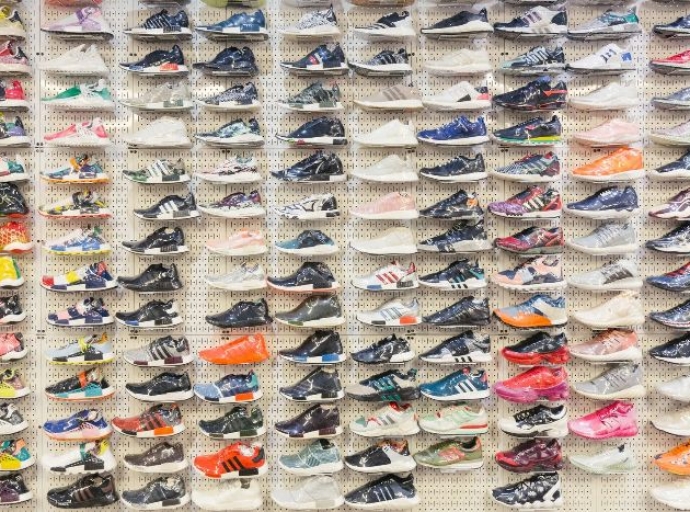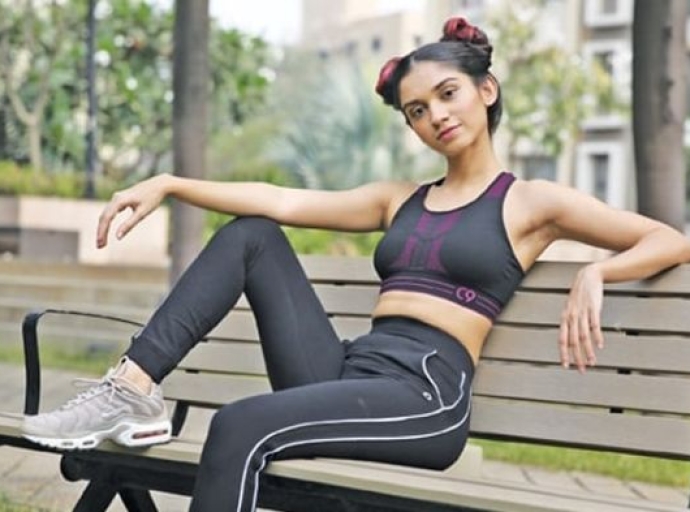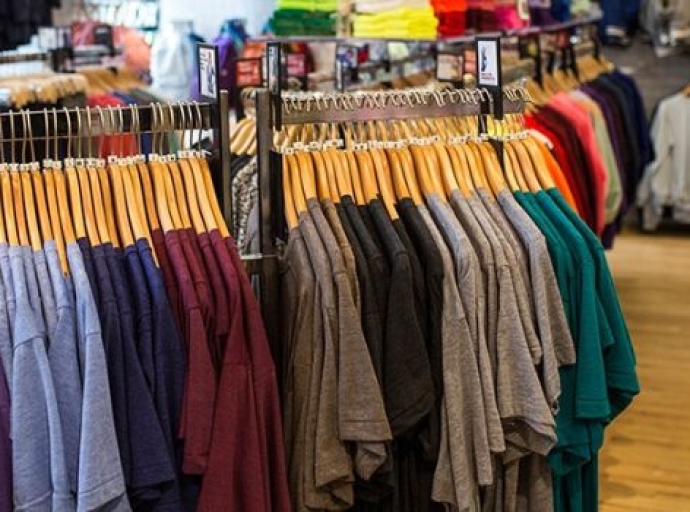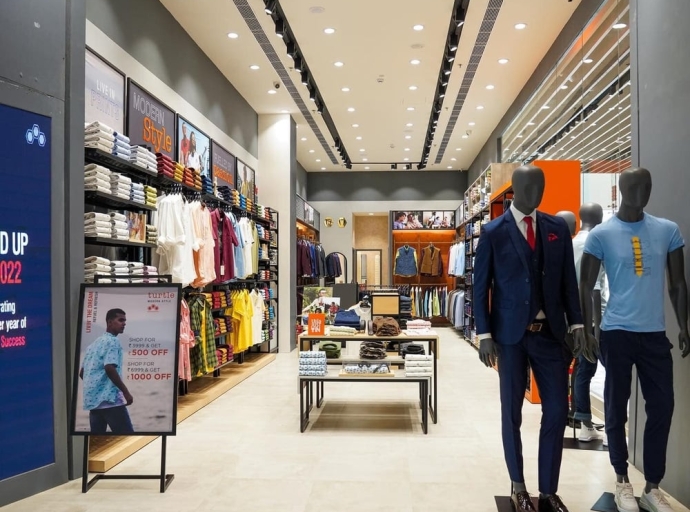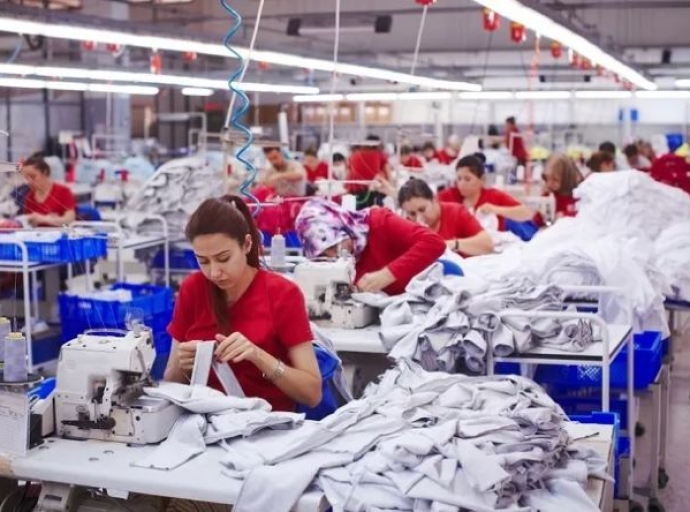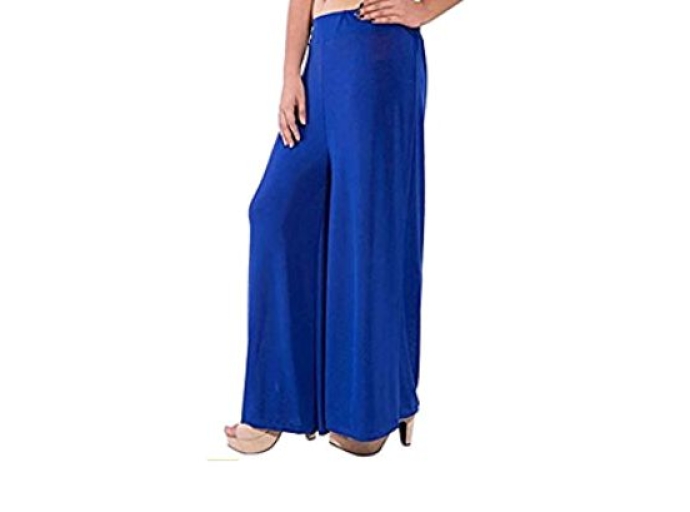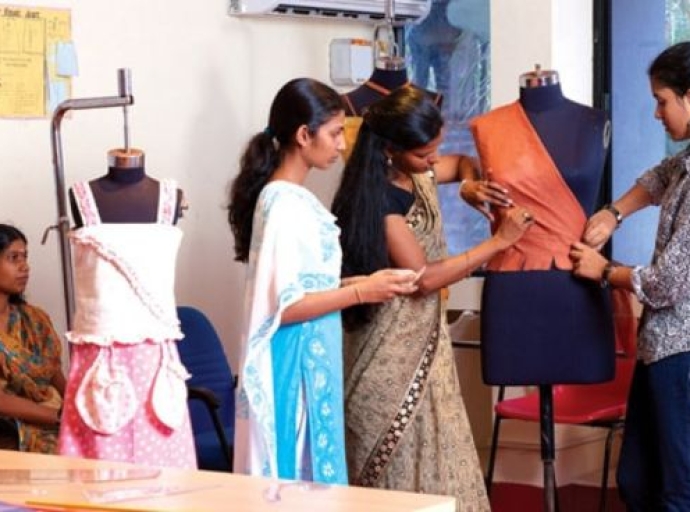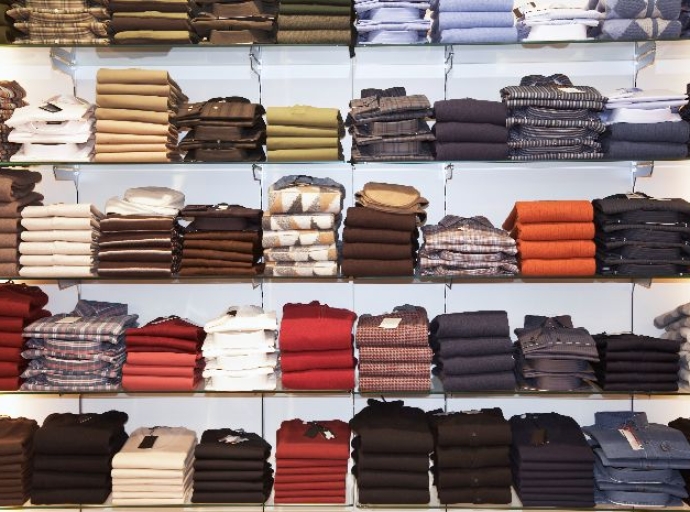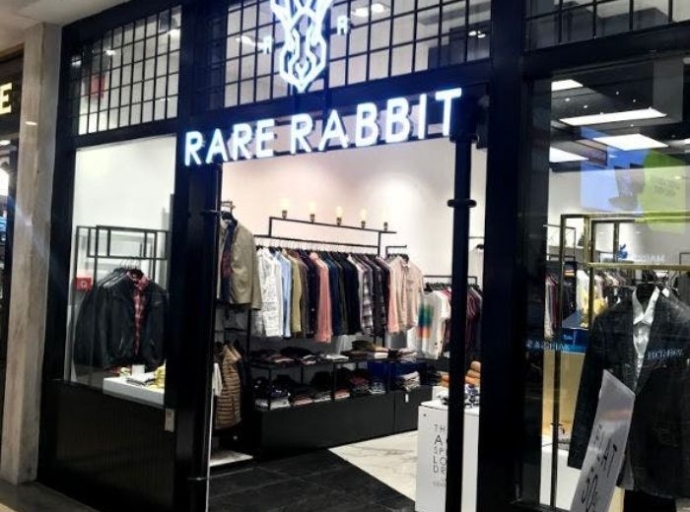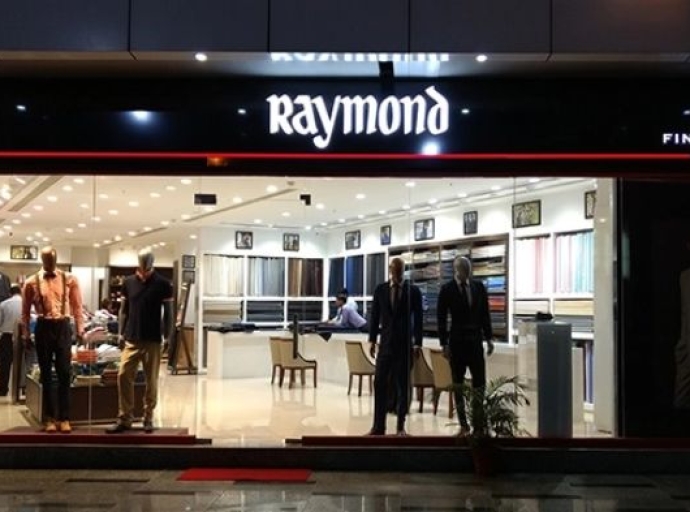03 May 2023, Mumbai
The organised retail industry in India has witnessed a significant growth of 34% during 2022-23 compared to pre-pandemic levels in FY20, according to a report by the Retailers Association of India (RAI).
What all you need to know
The growth was primarily driven by quick-service restaurants, sporting goods, and electronics. The report also suggests that the growth in categories like athleisure, occasion wear, consumer durables, and IT products was especially good during 2022-23.
The survey conducted by RAI covered the top 100 retailers from modern retail across various segments, and the growth was primarily price-led. The demand for consumer goods across categories bounced back, and retailers are cautiously optimistic about sales growth in the coming months.
The RAI report also revealed that retail businesses across regions showed growth in sales, with East India reporting 42% growth followed by the West (36%), North (32%), and South (27%).
Categories like furniture reported a growth of 34%, while consumer durables and electronics grew by 37%, food, and grocery grew by 29%, and sports goods showed a growth of 41%.
However, they are also cautious due to the slowdown witnessed in recent months and the impact of higher inflation in advanced economies and tightening financial conditions in India on demand, particularly in Tier 2 and Tier 3 cities.
While retailers who catered to high-end customers saw healthy growth, those who sold low-price point items faced challenges in growing their sales.
Retailers like Phoenix Mills, with one of the largest portfolios of malls in the country, said that retail consumption in FY23 was 133% of FY20. For shopping malls, December 2022 was the best in a decade as the sales momentum from the festive season continued.
RAI is optimistic about the industry's potential for growth in 2023-24 but suggests that economically lower-income families must shop with optimism for the true potential to be realized.
Latest Textile Events


